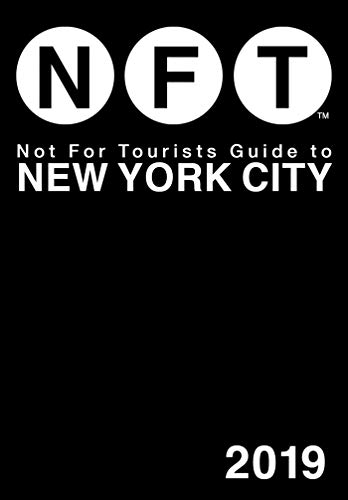
|
|
Product Description
What did young, independent women do for fun and how did they pay their way into New York City's turn-of-the-century pleasure places? Cheap Amusements is a fascinating discussion of young working women whose meager wages often fell short of bare subsistence and rarely allowed for entertainment expenses.
Kathy Peiss follows working women into saloons, dance halls, Coney Island amusement parks, social clubs, and nickelodeons to explore the culture of these young women between 1880 and 1920 as expressed in leisure activities. By examining the rituals and styles they adopted and placing that culture in the larger context of urban working-class life, she offers us a complex picture of the dynamics shaping a working woman's experience and consciousness at the turn-of-the-century. Not only does her analysis lead us to new insights into working-class culture, changing social relations between single men and women, and urban courtship, but it also gives us a fuller understanding of the cultural transformations that gave rise to the commercialization of leisure.
The early twentieth century witnessed the emergence of "heterosocial companionship" as a dominant ideology of gender, affirming mixed-sex patterns of social interaction, in contrast to the nineteenth century's segregated spheres. Cheap Amusements argues that a crucial part of the "reorientation of American culture" originated from below, specifically in the subculture of working women to be found in urban dance halls and amusement resorts.
Kathy Peiss follows working women into saloons, dance halls, Coney Island amusement parks, social clubs, and nickelodeons to explore the culture of these young women between 1880 and 1920 as expressed in leisure activities. By examining the rituals and styles they adopted and placing that culture in the larger context of urban working-class life, she offers us a complex picture of the dynamics shaping a working woman's experience and consciousness at the turn-of-the-century. Not only does her analysis lead us to new insights into working-class culture, changing social relations between single men and women, and urban courtship, but it also gives us a fuller understanding of the cultural transformations that gave rise to the commercialization of leisure.
The early twentieth century witnessed the emergence of "heterosocial companionship" as a dominant ideology of gender, affirming mixed-sex patterns of social interaction, in contrast to the nineteenth century's segregated spheres. Cheap Amusements argues that a crucial part of the "reorientation of American culture" originated from below, specifically in the subculture of working women to be found in urban dance halls and amusement resorts.
Features
- Used Book in Good Condition
Customers Who Bought This Item Also Bought
- The Promised Land (Penguin Classics)
- Desert Exile: The Uprooting of a Japanese American Family (Classics of Asian American Literature)
- Quicksand
- An Uncommon Soldier: The Civil War Letters of Sarah Rosetta Wakeman, alias Pvt. Lyons Wakeman, 153rd Regiment, New York State Volunteers, 1862-1864
- From Out of the Shadows: Mexican Women in Twentieth-Century America
- Suburban Warriors: The Origins of the New American Right (Politics and Society in Modern America)
- Make Room for TV: Television and the Family Ideal in Postwar America
- Suburban Warriors: The Origins of the New American Right - Updated Edition (Politics and Society in Modern America)
- The War in American Culture: Society and Consciousness during World War II
- Becoming Mexican American: Ethnicity, Culture, and Identity in Chicano Los Angeles, 1900-1945
*If this is not the "Cheap Amusements: Working Women and Leisure in Turn-of-the-Century New York" product you were looking for, you can check the other results by clicking this link







